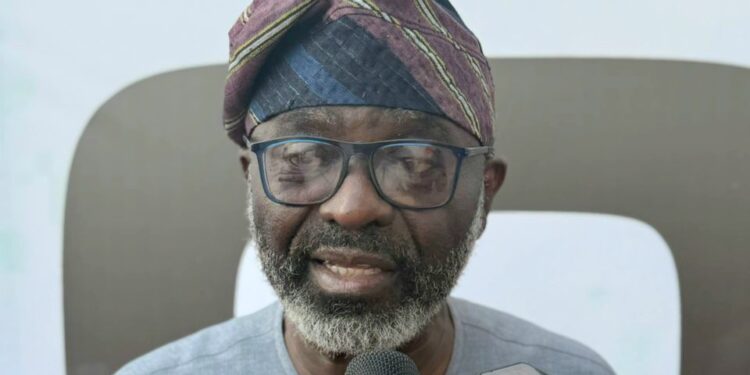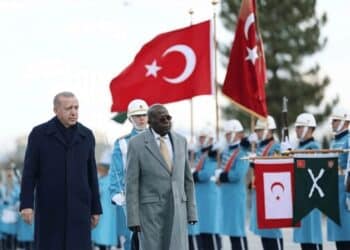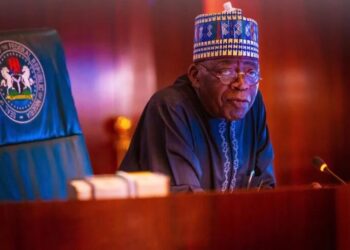The South West Development Commission (SWDC) has unveiled its roadmap for regional transformation, centred on a One-Economic Bloc agenda for the Southwest. The goal is to be Nigeria’s top production area.
Its Managing Director/Chief Executive Officer, Dr Charles Akindiji Akinola, unveiled the roadmap in Akure at a two-day Southwest stakeholders dialogue, organised by the DAWN Commission in conjunction with Afenifere.
He praised President Tinubu for establishing the commission, while describing it as the statutory expression of a dream long nurtured—one that transforms faith into a federal instrument for coordinated regional development.
Dr Akinola said the SWDC serves as the South West’s operational vehicle for translating President Tinubu’s Renewed Hope Agenda into tangible regional action.
“The federal government has made job creation, industrialisation, and access to opportunity the pillars of economic recovery. For the South West, SWDC links federal programmes, state priorities, and private-sector innovation into one coherent delivery framework.” He explained.
Dr Akinola revealed to him that the SWDC’s agenda is built around the One-Economic Bloc strategy, which treats the region as a single production and investment corridor rather than six isolated economies. The framework aims to harmonise industrial policies, create shared infrastructure and logistics corridors, and establish co-financing platforms that combine federal, state, and private capital.
“When we plan together, invest together, and trade together, we can once again make the South West the engine room of Nigeria’s prosperity,” Akinola said.
SWDC’s One-Economic Bloc agenda will be enabled by regional industrial policy harmonisation, marked by shared infrastructure and logistics corridors; integrated investment and data systems; and co-financing platforms combining federal, state, and private capital.
SWDC transformative projects
He listed transformative projects that will be prioritised to stimulate growth and job creation across sectors, including regional interconnectivity projects through road, rail, and inland waterways.
Others include regional industrial and technology parks—one flagship park per state, clustering manufacturing, agro-processing, and innovation—and an agro-industrial revolution programme, such as value-chain integration in cassava, cocoa, poultry, and aquaculture.
The list also includes the blue economy and marine terminals at the Lagos-Badagry and Ondo-Ilaje corridors and regional super-highway development connecting logistics hubs from Lagos through Ibadan to Osogbo and Akure.
Others are talent and innovation hubs to support youth enterprise and digital creativity, and creative economy and tourism initiatives aimed at promoting culture, arts, and regional identity.
“These are not isolated projects; they are building blocks of a new industrial economy anchored on skills, productivity, and regional connectivity.”
The SWDC boss also announced the creation of the Private Sector Advisory Council (PSAC) to serve as a think-and-do group of regional business leaders guiding investment and competitiveness, as well as plans to establish the South West Investment Fund, which will pool pension assets, diaspora capital, and state contributions.
“This is the new model—government provides the platform, but partnership drives the progress,” he said.
He noted that the region was entering a new era of alignment and collective prosperity—one driven by partnership, productivity, and shared purpose.
“This region has never been short of leadership; what we must now cultivate is alignment. The time for competition has passed—the time for collective contribution has come,” Akinola emphasised.
The development specialist also paid tribute to the legacy of the late Chief Obafemi Awolowo and the founding fathers of Afenifere, whose vision for regional development, he noted, “was never about politics, but about people; never about position, but about purpose.”









